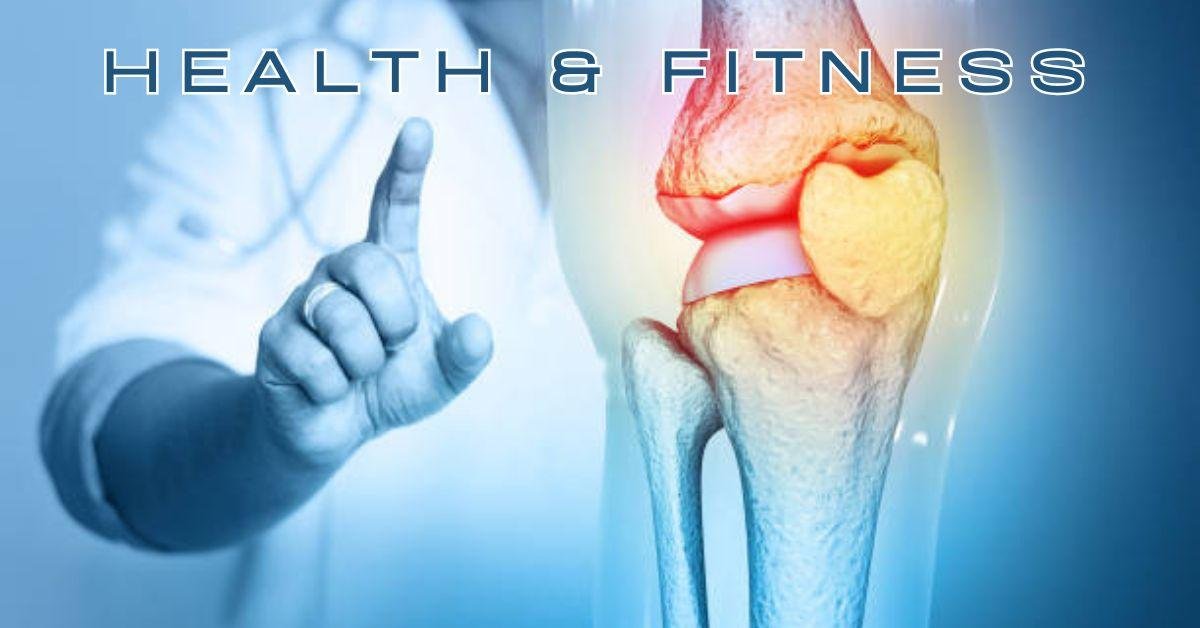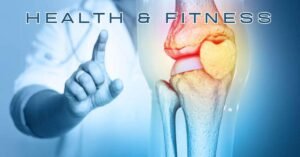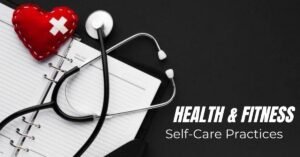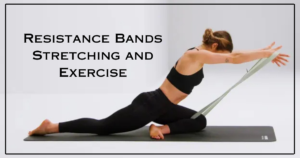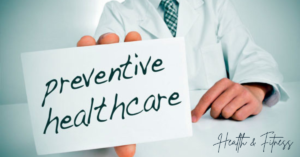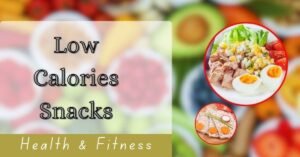The Importance of Bone Health
When considering what is good for our Bone Health rarely comes to mind at first. However, our bones provide an important structural framework of the human body and act as a shield to many of our internal organs. There is no doubt that it is important to have strong bones for activities of daily living, particularly during the later years. Knowledge of Bone Health is important in preventing both osteoporosis and fractures and other skeletal complications. Here is what you should know to have strong, healthy bones throughout your entire existence.
Why Bone Health Matters
They are not the rigid things that most people imagine they are; instead, your bones transform all the time. Bone mass is continually altered throughout their lives, and every day, they go through a process referred to as bone remodeling. The bone mass achieved at its optimal age is around 30 years of age. From this age, bone density reduces steadily, and if appropriate treatment is not taken, bones become fragile and prone to breakage. Most seniors should pay strict attention to their Bone Health for diseases like osteoporosis, which is a disease that weakens the bones, which in turn will put seniors at risk of fracturing their bones easily.
Essential Alkaline Foods required for Bone Health
Nutrition particularly comes in handy when it comes to the issue of your bones. Some nutrients are critical for bone development, health, and power.
Calcium
Calcium is the mineral that is found in bones. Without it, bones become lighter and weaker. Western healthcare providers prefer that an average adult should have 1000 mg and 1200 mg in women and men over 70 years, respectively. Other nutrients include calcium, which is available in products derived from animal origin, including milk, cheese, yogurt and green vegetables, tofu, almonds, and fortified plant-based milk.
Vitamin D
Vitamin D in your body assists in the absorption of calcium. Without it, you could take in all the calcium in the world, and your body would metabolize it as if you had taken in none at all. The suggested dietary allowance is about 600 I.U. for individuals below 70 years and 800 I.U. for those above 70 years. The nutrient can also be gotten from foods that have been fortified, oily fish, egg yolks, and through exposure to sunlight. This means it is easy to get the recommended amount of vitamin D you need in a short time, but without sunscreen on.

Magnesium
Calcium absorption depends on magnesium as it activates Vitamin D, which enhances bone health mineral absorption. It also facilitates the development of the mass and mineral of bone. Some examples of foods that are rich in magnesium are: nuts and seeds, green leafy vegetables, and whole grain products.
Vitamin K
Vitamin K is essential in calcium absorption and the deposition of bone. But it also helps control calcium in bones and blood. Vitamin K-rich foods include spinach, kale, and broccoli, etc.
Phosphorus
Phosphorus acts together with calcium to promote bone formation and to strengthen our bones. They are found richly in meats, poultry, fish, eggs, nuts, and other protein-containing foods.
Exercise for Building Bone Health
Apart from diet, physical activity also seemed to play load significant role in the building of bones. Both body weight-supporting exercises and exercises offering resistance are associated with an increase in bone mass. Here are some types of exercise that are especially beneficial for Bone Health:
Strength Training:
It was proven that lifting weights or using resistance bands has a positive impact on the density of bones as the bones are compelled to support more weight. It also aids in toning muscles in your body that are attached to the skeletal system.
Weight-Bearing Exercises:
In physical exercises, bones exert weight-bearing stress on bones, such as in walking, jogging, dancing, or hiking, and weight-bearing leads to bone remodeling. At least 30 minutes of weight-bearing exercise can be done several days a week.
Balance and Flexibility Training:
Yoga and tai chi exercises also complement each two, reducing the chances of falling and getting fractures.

Lifestyle Behaviors adopted towards Bone Health
In this article, practical ways are presented showing that, other than adopting healthy nutritional practices and exercising, there are some activities that affect bones.
Quit Smoking: As for the dangers of smoking, smoking can lead to reduced bone mass and an increased incidence of fractures. It was recalled that nicotine had influenced the hormone of bone remodeling, displaying an adverse effect on bone mass over time.
Limit Alcohol: Alcoholism has detrimental effects on the bone formation process and the body’s ability to assimilate calcium. You can reduce the dangers of bone weakening by consuming alcohol in moderation – a maximum of one glass of alcohol per day for women, and two for men.
Get Enough Sleep: Osteoporosis is a common disease in many patients, and quality sleep is an important factor as the body needs time to rebuild bones. Try to take time to rest between 7 to 9 hours every night.
Bone Health and Aging
As we grow older, our bone mass progressively drops, and the likelihood of fractures more than doubles in postmenopausal women because of the hormonal changes that come with menopause. It is important then to keep having a healthy diet, exercise, and taking supplements throughout the entire lives of human beings. Low bone density also appears to predict fractures in elderly individuals; therefore, they should undergo bone density testing annually, especially if they are aged 50 years and above.
Conclusion
Looking after your bones is crucial to ensure that you experience optimum quality of living, now and in the future. Such dietary choices, exercises, and lifestyles will help you prevent osteoporosis and fractures in the future since you will be including bone-healthy foods in your diet. So always bear in mind that building better bones is not an event that occurs overnight, but a lifetime investment in the service of having a stronger structure. Begin today to make these minor alterations, and soon your Bone Health will thank you for the rest of your life.
